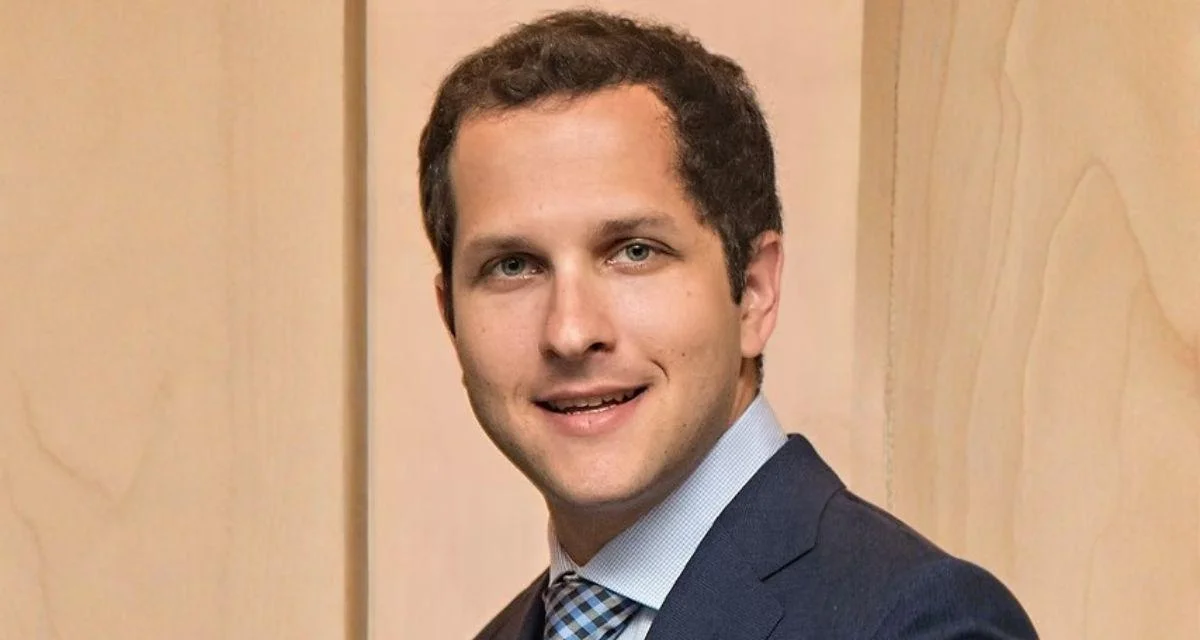
"Cookie-bite" hearing loss, also known as mid-frequency sensorineural hearing loss (MFSNHL), is a rare type of hearing impairment that affects a person's ability to hear sounds in the mid-range frequencies. The name comes from the distinctive "U"-shaped pattern it creates on an audiogram, which is used to measure hearing ability.
Dr. Jordan Glicksman, an otolaryngologist and surgeon at Harvard Medical School, explains: “It got that name because when a patient with this pattern of hearing loss has an audiogram and the hearing thresholds are graphed, the pattern is a ‘U’ that looks as if someone took a bite out of it.”
People with cookie-bite hearing loss may have difficulty understanding speech or music since these typically fall within the affected frequency range of 500 Hz to 2,000 Hz. However, their ability to hear low-pitched and high-pitched sounds often remains intact.
The condition is primarily genetic in origin. Dr. Glicksman notes: “A family history is a risk factor.” He adds that cookie-bite hearing loss can be present at birth or develop gradually over time due to genetics. Less commonly, other causes such as vestibular schwannoma (a benign tumor), certain medications, or viral infections may contribute to its development.
Diagnosis involves undergoing a standard hearing test. The main challenge lies in recognizing symptoms early enough to seek testing since the condition often progresses slowly and may be mild initially. “It’s commonly a mild form of hearing loss,” says Dr. Glicksman.
There is no cure for cookie-bite hearing loss; surgery and medication do not restore lost abilities. Treatment focuses on managing symptoms through options like wearing hearing aids to amplify mid-frequency sounds or making adjustments in daily life—such as sitting closer to speakers during conversations or improving home acoustics—to improve communication outcomes.
Dr. Glicksman advises that treatment approaches should consider both the severity of the condition and how motivated someone is to address their symptoms.
For those who suspect they might have cookie-bite hearing loss, seeking evaluation at a local hearing aid center is recommended.